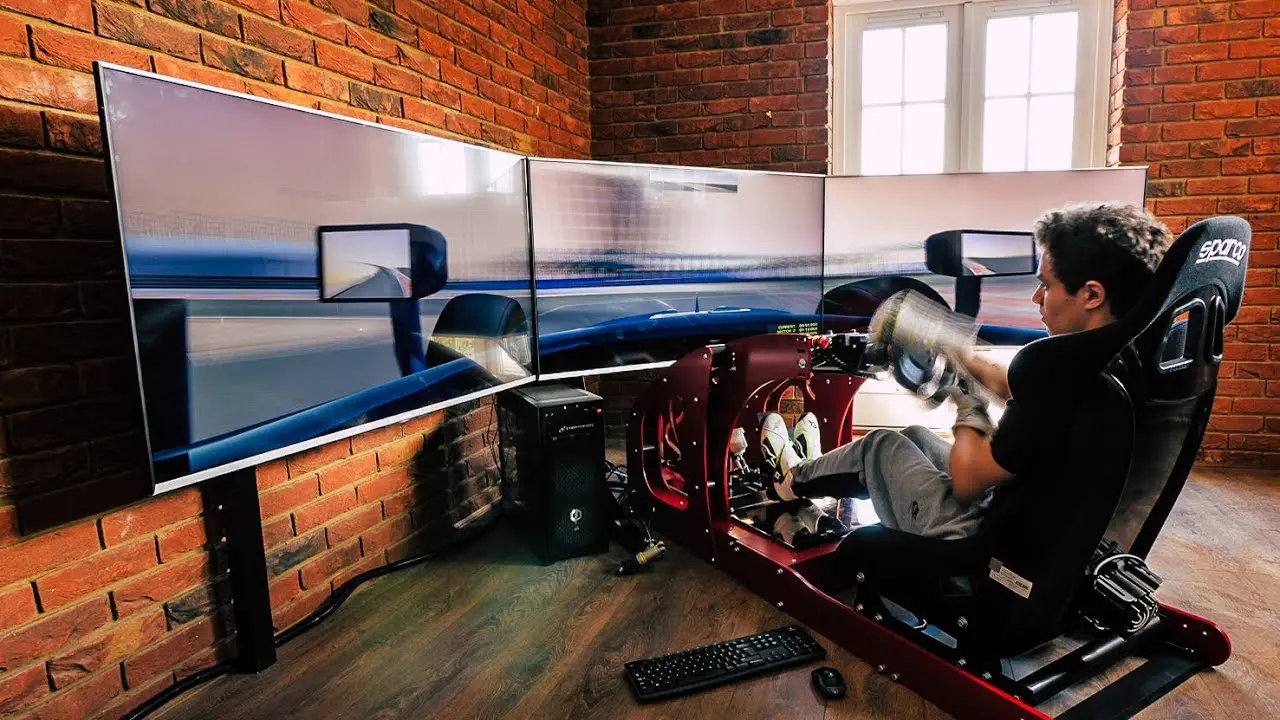
For decades, racing games have been a popular form of entertainment for gamers around the world
However, these games have had a much greater impact than simply providing entertainment. Racing games have had a significant impact on car culture and motorsports, influencing everything from car design to the way we watch and participate in motorsports
One of the most significant impacts of racing games on car culture is the way they have influenced car design. Many racing games feature licensed cars from real manufacturers, giving players a chance to drive and admire some of the world’s most exotic and desirable cars. This has helped to popularize these cars and has even influenced the design of new models. For example, the Lamborghini Huracan was first introduced in the racing game Forza Horizon 2, before being officially unveiled at the Geneva Motor Show a few months later.
Racing games have also influenced the way we watch and participate in motorsports. The rise of sim racing has brought racing to a wider audience, with virtual competitions attracting millions of viewers around the world. Sim racing has also become a training tool for professional drivers, with many using racing simulators to practice and improve their skills. In fact, during the COVID-19 pandemic, sim racing became the only way for professional drivers to compete and stay connected with fans.
In addition, racing games have helped to make motorsports more accessible to a wider audience. The popularity of games like Need for Speed and Forza Motorsport has introduced many gamers to the world of motorsports, sparking an interest in racing and encouraging more people to attend races and follow the sport. This has helped to grow the fanbase of motorsports and has even led to the creation of new racing series, such as the GT Academy, which offers gamers a chance to become professional racing drivers.
Racing games have also had a significant impact on the automotive industry as a whole. Manufacturers often use racing games as a way to showcase their latest models and technologies, allowing players to experience their cars in a virtual environment before they hit the streets. This has helped to generate excitement and interest in new cars, as well as providing manufacturers with valuable feedback from players.
Furthermore, racing games have played a role in advancing technology in the automotive industry. Racing simulators use advanced physics engines and computer algorithms to simulate real-world driving conditions, helping to refine the performance and handling of real cars. This has led to advancements in areas such as aerodynamics, suspension, and tire technology, which have been directly influenced by the development of racing simulators.
In conclusion, racing games have had a significant impact on car culture and motorsports. From influencing car design to making motorsports more accessible, these games have played an important role in shaping the way we think about cars and racing. As sim racing continues to grow in popularity, it is likely that racing games will continue to have an even greater impact on the automotive industry and the world of motorsports.




